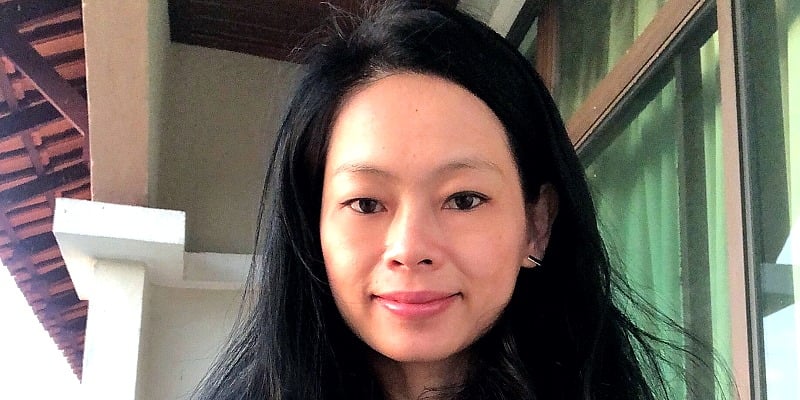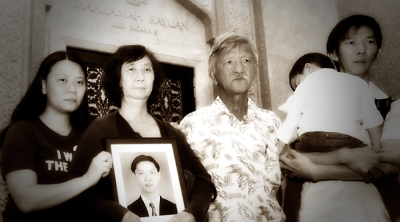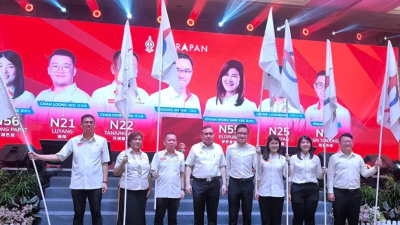
About a month ago, the Ministry of Education announced that all schools in Malaysia would reopen in stages for face-to-face classes from Sept 1 onward. However, this ruling is subject to change depending on the latest risk assessments by the Ministry of Health and National Security Council.
As September is approaching, the question of whether the schools will reopen continues to spark heated debate as COVID-19 positive rates remaining at high levels and new variants of the virus emerging. While parents and school administrators are anxiously waiting for the public announcement, the Ministry of Education has thus far done little to calm their anxiety.
For the past year, we all have experienced the closure of schools in a periodic manner. The expectation was once high, but we all know that there is little hope for the students to return to the schools with the current situation. Going back is frightening for many parents and teachers.
While a growing body of evidence suggests that schools can be opened safely, parents have yet to be convinced to send their children back to school, seeing that there are no fixed standard operating procedures (SOP) in place. The anxiety from the parents, teachers and those who are involved is understandable.
It is acknowledged that there have been several initiatives such as free laptops, free Internet data, and also the introduction of educational television channels, including DidikTV, to overcome the challenges of home-based teaching and learning. However, the reality is that the negative consequences of home-based teaching and learning are significant.
In a July press statement by the United Nations Educational, Scientific and Cultural Organization (UNESCO), and I quote, “In their efforts to limit transmission, governments have too often shut down schools and kept them closed for prolonged periods, even when the epidemiological situation did not warrant it. These actions were frequently taken as a first recourse rather than the last measure. In many cases, schools were closed while bars and restaurants remained open.”
This reflects the government’s mismanagement directly during this process, where there has been a lack of proper planning in minimizing the impact on students’ learning process.
Given the difficulty of the situation and variation across the globe, countries worldwide are in different stages regarding how and when they plan to reopen schools. When deciding whether to reopen schools, the best interest of every child should be at the center of these decisions, using the best available evidence and data.
The COVID-19 pandemic has revealed the fragility of our education system in many ways. It reveals the need for decentralized decision-making in order for us to establish a more resilient education system, even in the post-pandemic.
Decentralization in this context refers to the need to build a solid and focused leadership at the local level. In the current situation, the advantages of decentralization have become more appealing. The decentralization process can better provide transparency, accountability, and responsiveness of service provision compared with a centralized system. This is precisely what our education system needs.
We often hear from the teachers that they could not do much if the Ministry of Education does not give any guidelines. Such a form of the centralized system has its flaws, and it is significant during the pandemic. We must acknowledge that the distribution of cases in different states is not identical; hence, local context is essential. This suggests that decentralized education systems can be more responsive to local needs and are better suited for planning and implementation.
We could not afford a prolonged closure of schools. More comprehensive planning that considers the insights from the schools, teachers and local administrative offices must be paid more attention to.
(Khoo Ying Hooi is Universiti Malaya Senior Lecturer.)
ADVERTISEMENT
ADVERTISEMENT








































